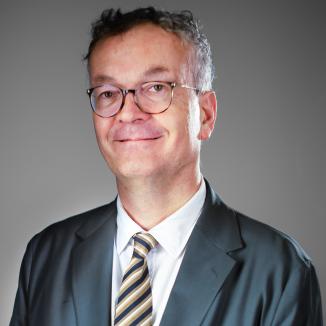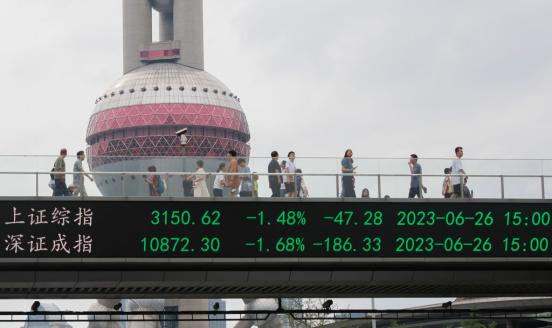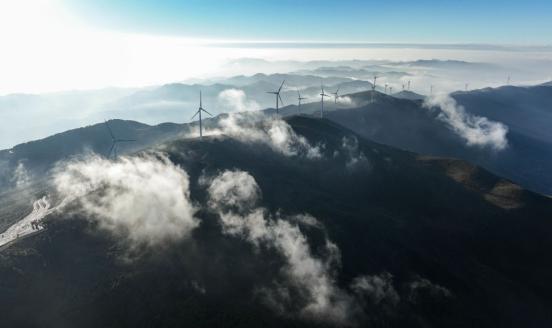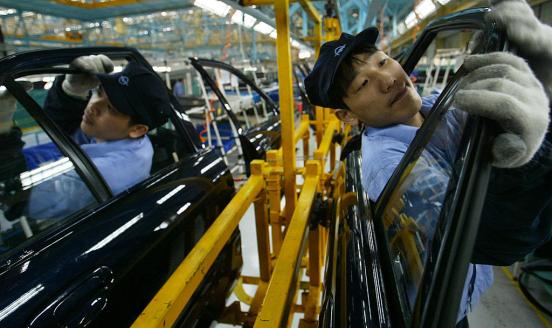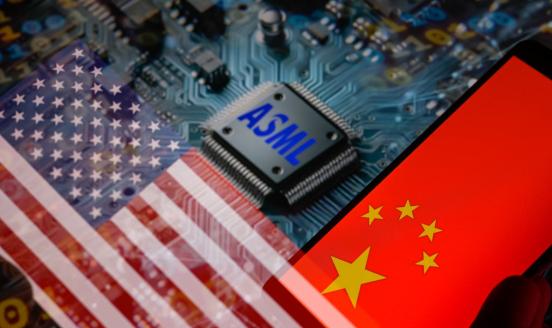How to de-risk dependence on China while decarbonising
How should the EU manage its dependence on China for clean tech?
Speakers
Heather Grabbe
Senior fellow
Philip Hiersemenzel
Clean energy advisor, analyst and author, Green Party, Germany
Michal Meidan
Head of China Energy Research, the Oxford Institute for Energy Studies
Wensheng Peng
Head of Research Department, and Executive Dean, CICC
Simone Tagliapietra
Senior fellow
Agenda
Check-in and coffee
13:30-14:00Agenda
Opening remarks
14:00-14:05- Jeromin Zettelmeyer, Director
Agenda
Presentation
14:05-14:20- Alicia García-Herrero, Senior fellow
- Heather Grabbe, Senior fellow
Agenda
Panel discussion
14:20-15:10- Chair: Simone Tagliapietra, Senior fellow
- Philip Hiersemenzel, Clean energy advisor, analyst and author , Green Party, Germany
- Michal Meidan, Head of China Energy Research, the Oxford Institute for Energy Studies
- Wensheng Peng, Head of Research Department, and Executive Dean, CICC
Agenda
Q&A
15:10-15:30Ask your question on Sli.do #derisk
China’s decarbonisation plans are among the most consequential for the world to reflect upon. This is even more the case of the European Union as our own decarbonisation plans increasingly rely on imports of China’s renewables, especially solar panels but wind turbines, electric batteries and, increasingly, electric vehicles. China has bold decarbonisation targets, given its current sheer dependence on coal and being the largest emitter in the world. Not matter how large its needs, China exports two thirds of its production of renewables to the rest of the world, including to the EU.
The EU, in turn, is increasingly aware of its critical dependence on China for its decarbonisation plans, which has been one of the driving forces for the EU to announce its intentions to de-risk from China.
During this event, panellists explored where China stands in its decarbonisation plans as well as its ability to produce enough renewable for its own needs, while continuing to dominate export markets. Secondly, we discussed options for the EU to de-risk from excessive dependence on China for its decarbonisation. Finally we discussed a proposal for a decarbonisation partnership to create a supplementary supply chain for renewables.
This event was held as part of a three-year research project on China, financed by the EU Commission, under the name “Dealing with a Resurgent China”.
This is an output of China Horizons, Bruegel's contribution in the project Dealing with a resurgent China (DWARC). This project has received funding from the European Union’s HORIZON Research and Innovation Actions under grant agreement No. 101061700.







